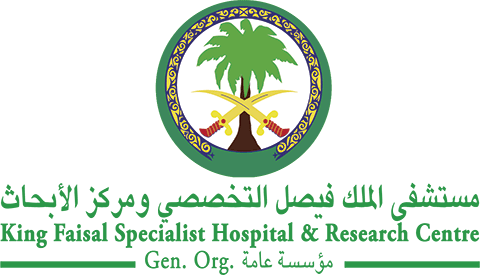Abstract
Approximately 15-20% of chronic myeloid leukemia (CML) patients fail tyrosine kinase inhibitor (TKI) therapy secondary to resistance or intolerance. In the pre-TKI era, front-line allogeneic hematopoietic cell transplantation (alloHCT) represented the standard approach for patients with chronic phase-CML (CP-CML) who were deemed fit to tolerate the procedure and had a human leukocyte antigen compatible donor available. Currently, CP-CML patients are eligible for allo-HCT only if they fail more than one TKI and/or are intolerant to the drug. We performed a systematic review/meta-analysis of the available literature to assess the evidence regarding allo-HCT efficacy in CP-CML patients. Data from eligible studies were extracted in relation to benefits (overall survival [OS], progression-free survival, disease free survival [DFS], complete remission [CR], and molecular response [MR]) and harms (nonrelapse mortality [NRM], relapse, and acute and chronic graft-versus-host disease), and stratified by age into adult and pediatric groups. For adult allo-HCT recipients, the pooled OS, DFS, CR and, MR were 84% [95% confidence interval (CI) 59e99%], 66% (95% CI 59e73%), 56% (95% CI 30e80%), and 88% (95% CI 62e98%), respectively. Pooled NRM and relapse were 20% (95% CI 15e26%) and 19% (95% CI 10e28%), respectively. For the pediatric group, the OS rate was reported in one study and was 91% (95% CI 72e99%). Our results suggest that allo-HCT is an effective treatment for TKI-resistant or TKI-intolerant CPCML. Post-transplant strategies are still needed to further mitigate the risk of relapse.
Recommended Citation
Yassine, Farah; Reljic, Tea; Moustafa, Muhamad Alhaj; Iqbal, Madiha; Murthy, Hemant S.; Kumar, Ambuj; and Kharfan-Dabaja, Mohamed A.
(2022)
"Efficacy of Allogeneic Hematopoietic Cell Transplantation in Patients with Chronic Phase CML Resistant or Intolerant to Tyrosine Kinase Inhibitors,"
Hematology/Oncology and Stem Cell Therapy: Vol. 15
:
Iss.
1
, Article 6.
Available at: https://doi.org/10.1016/j.hemonc.2021.02.003
Creative Commons License

This work is licensed under a Creative Commons Attribution-Noncommercial-No Derivative Works 4.0 License.
Included in
Cancer Biology Commons, Hematology Commons, Oncology Commons

